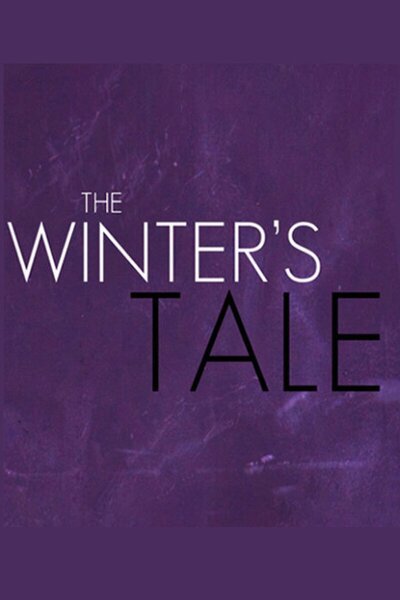
About the Show
Production Covid-19 Safety ProtocolsCritic Reviews (4)
"So much exuberance can demonstrate a breach of trust in the material, and the audience’s ability to understand it."
Read more
"Cohesion and pacing are sacrificed for bawdy laughs, and all the charm that usually comes with 'The Winter's Tale's' romantic resolution has been lost to the elements — not of nature, but the winds of creative chaos."
Read more
In the past, Bedlam’s reinventions have revealed or uncovered something new in the plays they have staged. This "Winter’s Tale" only seems to make things more complicated. The use of a company of only seven actors is here reductive, rather useful. Anyone unfamiliar with the play will have trouble with the double casting. It is only to be hoped that Bedlam will find its way back to elucidating classic texts that have become musty with age. At three hours and ten minutes this version of Shakespeare’s "The Winter’s Tale" feels long without any payoff while the physical production suggests royals down on their luck.
Read more
Director Eric Tucker’s production of The Winter’s Tale for Bedlam seems to have taken its approach from the company’s title: it’s almost all bedlam. … As an explanation of Leontes’s irrational suspicions of adultery, chronic traumatic encephalopathy (CTE)—the brain damage that boxers get from concussions—is the most ingenious thing about this production. … Shakespeare is not to be trusted. Interpolations, meta-theater, improvisation, and anachronisms abound. John McDermott’s set for Sicilia’s royal court features a worn checkerboard floor, vinyl chairs and sofa, a coffee table, and strings of white lights—it’s a rural grange hall decorated for Christmas, with courtiers lounging or playing darts. … The great moment of redemption in Act V, with the unveiling and reanimation of a statue of Hermione into flesh and blood, is a bust.
Read more



